Does the wattage of a vacuum cleaner matter? Experts reveal whether these numbers can affect its performance
This is what your vacuum cleaner’s wattage really means for its performance
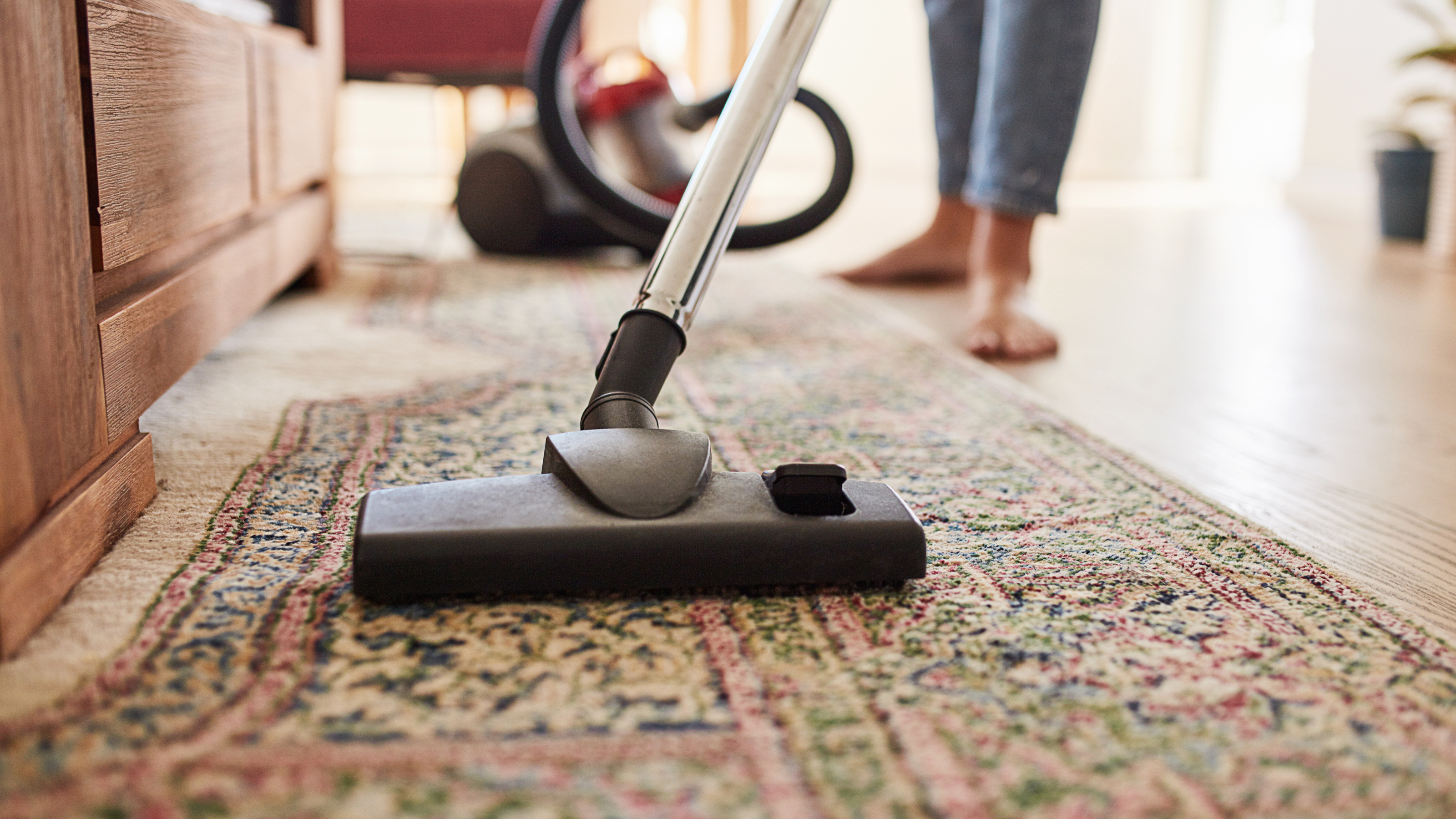

It’s easy to assume that a vacuum cleaner either does a good job…or it doesn’t. But the reality is that there’s a lot more going on under the surface that ultimately affects a machine's performance. That’s why it’s well worth understanding vacuum wattage and why it matters.
Whether you already have one of the best vacuum cleaners and want to learn a little more about the ins and outs of your machine, or you’re trying to choose a vacuum cleaner and are comparing your options, you’ll know that there are so many different vacuums on the market. They range from basic and affordable to high-tech and expensive - with different wattages to boot.
With the ability to affect suction power and your energy bills, understanding vacuum cleaner wattage is surprisingly important. To help you get to grips with it, this is everything you need to know about the current EU rules around wattage, the ideal vacuum cleaner wattage, and where you’ll find all of the information you need.
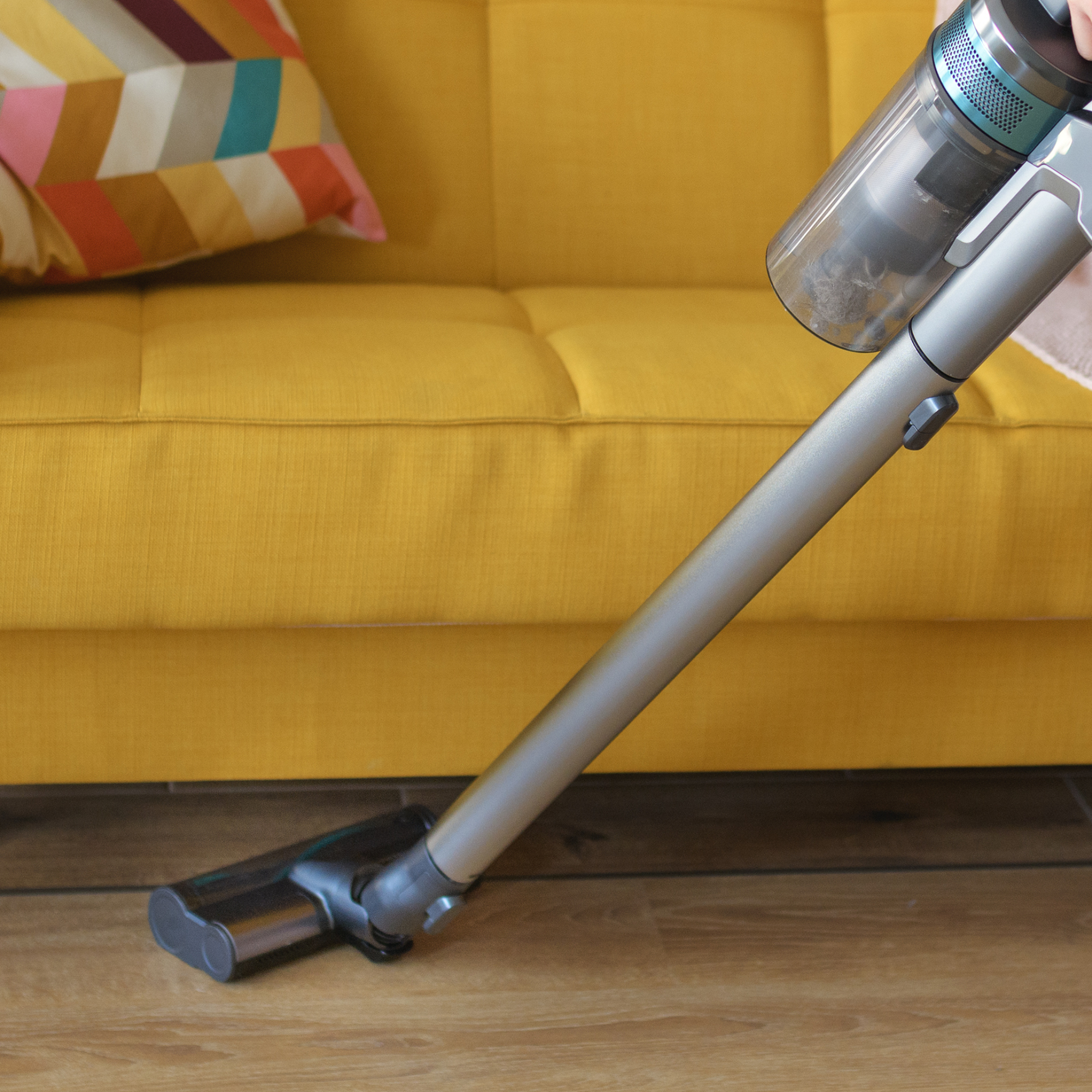
What is vacuum cleaner wattage?
Vacuum cleaner wattage (abbreviated to W) is the maximum amount of power the appliance - in this case, a corded vacuum cleaner - will draw from your plug socket. This is essentially the same as other electrical appliances in your home too.
The higher the wattage of the vacuum cleaner, the higher the amount of energy it will use to work at its full potential.
Mitchell Brown at PHC Vacuum Service explains further, ‘The wattage of a vacuum motor indicates the amount of electrical power it consumes, but it is not the sole determinant of performance. While higher wattage often correlates with greater suction power and airflow, other factors, such as motor efficiency, design quality, and the vacuum's overall construction, play a critical role.’
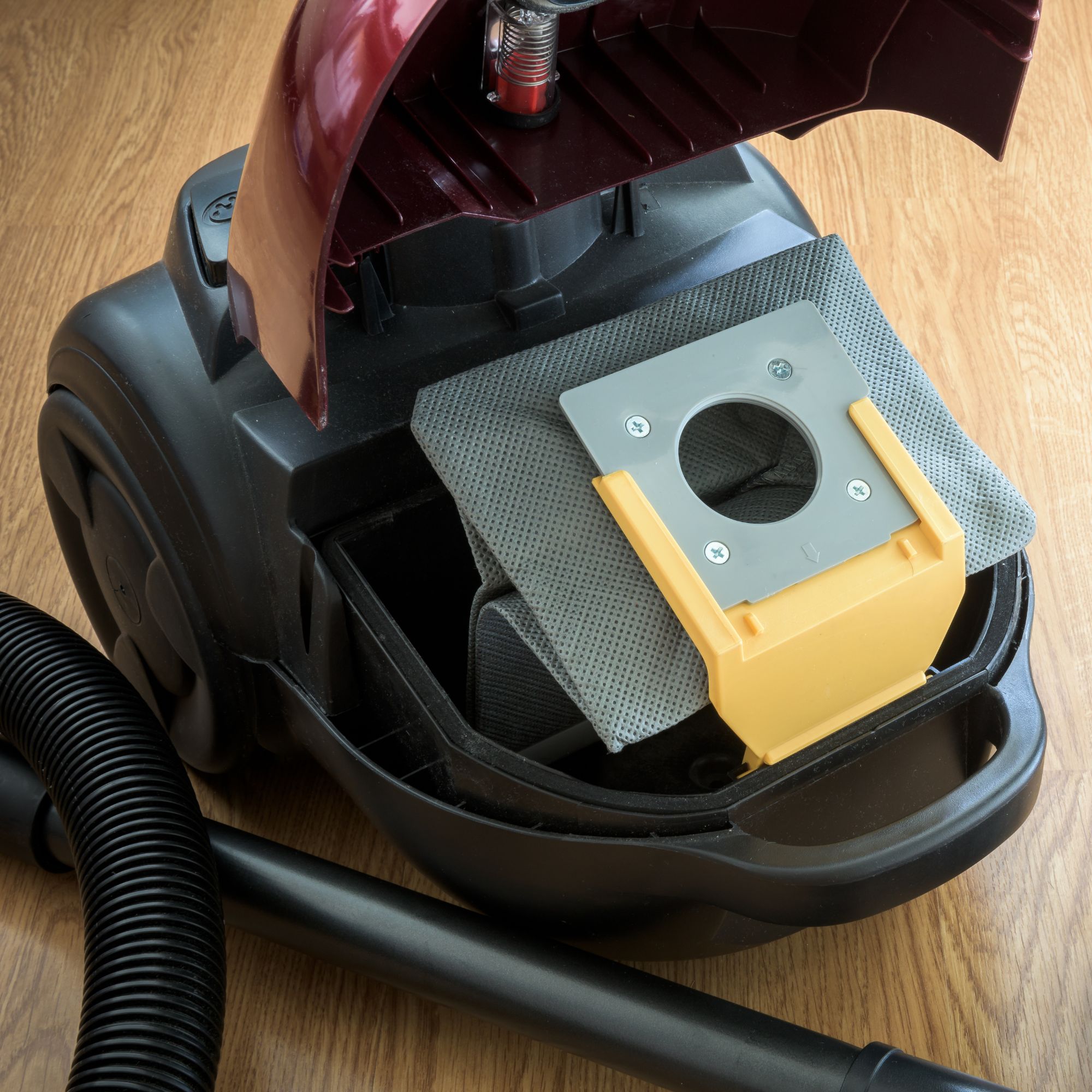
In fact, how often you clean your vacuum and the technique used for certain cleaning tasks will also affect the efficiency of a vacuum cleaner.
Get the Ideal Home Newsletter
Sign up to our newsletter for style and decor inspiration, house makeovers, project advice and more.
And while vacuums in the UK and Europe used to exceed 2,000 watts, this all changed in 2014 when new regulations emerged. This new rule banned vacuum cleaners above 1,600 watts in an effort to cut down on these energy-hungry appliances. Three years later, in 2017, the rules were changed again.
Isabella Forgione, vacuum cleaner expert at AO.com, confirms, ‘Here in the UK, our vacuum cleaners are capped at 900W to reduce energy consumption when we’re cleaning up.’
When it comes to the wattage of the best cordless vacuum cleaners, you need to acknowledge that the appliance isn’t drawing power from the plug socket itself. Instead, you’ll have to focus on the watt-hours or watts per hour (Wh) of the product's battery pack, which will store this power before it needs to be charged again.
This wattage in corded and cordless vacuum cleaners can also help you understand how much it costs to run a vacuum cleaner and ultimately help you to save energy at home.
In most cases, cordless vacuums will use less electricity than corded vacuums as they have a lower wattage. This makes them cheaper to run and less of a drain on your energy bills.
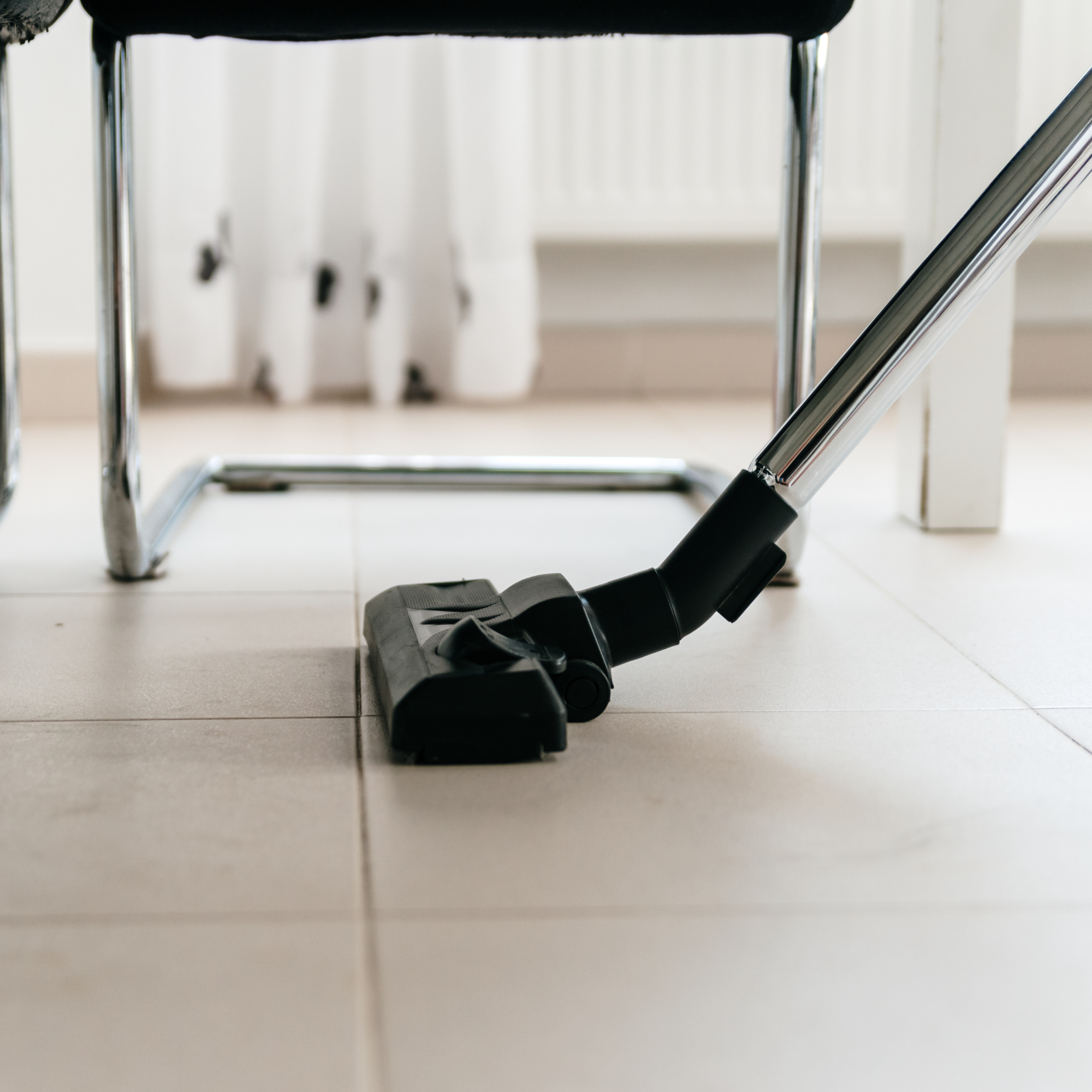
While you may assume that high-wattage vacuums will have the strongest suction power, this isn’t the case. Power wattage is completely different from air watts, which is the number used to determine how much suction a vacuum cleaner has.
Isabella adds, ‘It’s a misconception that the wattage determines the suction power on your vacuum. In fact, suction power comes from the motor and how well-maintained your appliance is.’
So, while the wattage of your vacuum cleaner is certainly something you should consider when buying one of the best vacuums and may have a direct impact on suction power - it’s not the be-all-and-end-all when investing in a new appliance.
Isabella advises, ‘Instead of looking to wattage, try to focus on the features that your vacuum may offer instead.’ For example, look for tools and attachments that will make vacuuming pet hair easier when buying one of the best vacuum cleaners for pet hair and decide whether a stick or upright vacuum suits you best.
How many watts of power is suitable for vacuum cleaners?
The wattage of vacuum cleaners ultimately depends on the type of vacuum cleaner. But as a rule of thumb:
- Corded vacuum cleaners: A wattage of 400-600 watts will suit a corded vacuum cleaner, but you may be able to find them up to 900 watts.
- Cordless vacuum cleaners: 400-600 watts would be ideal, but it isn’t as realistic - unless you’re willing to buy an expensive model. Instead, you’ll find that 200-300 watts is more easily accessible in the cordless world.
- Robot vacuum cleaners: The best robot vacuums will be much less, and 15-35 watts will be suitable for any home looking to add one of these hands-off appliances.
- Handheld vacuum cleaners: The best handheld vacuums are also incredibly energy efficient and can normally be found at a wattage of 20–50 watts.
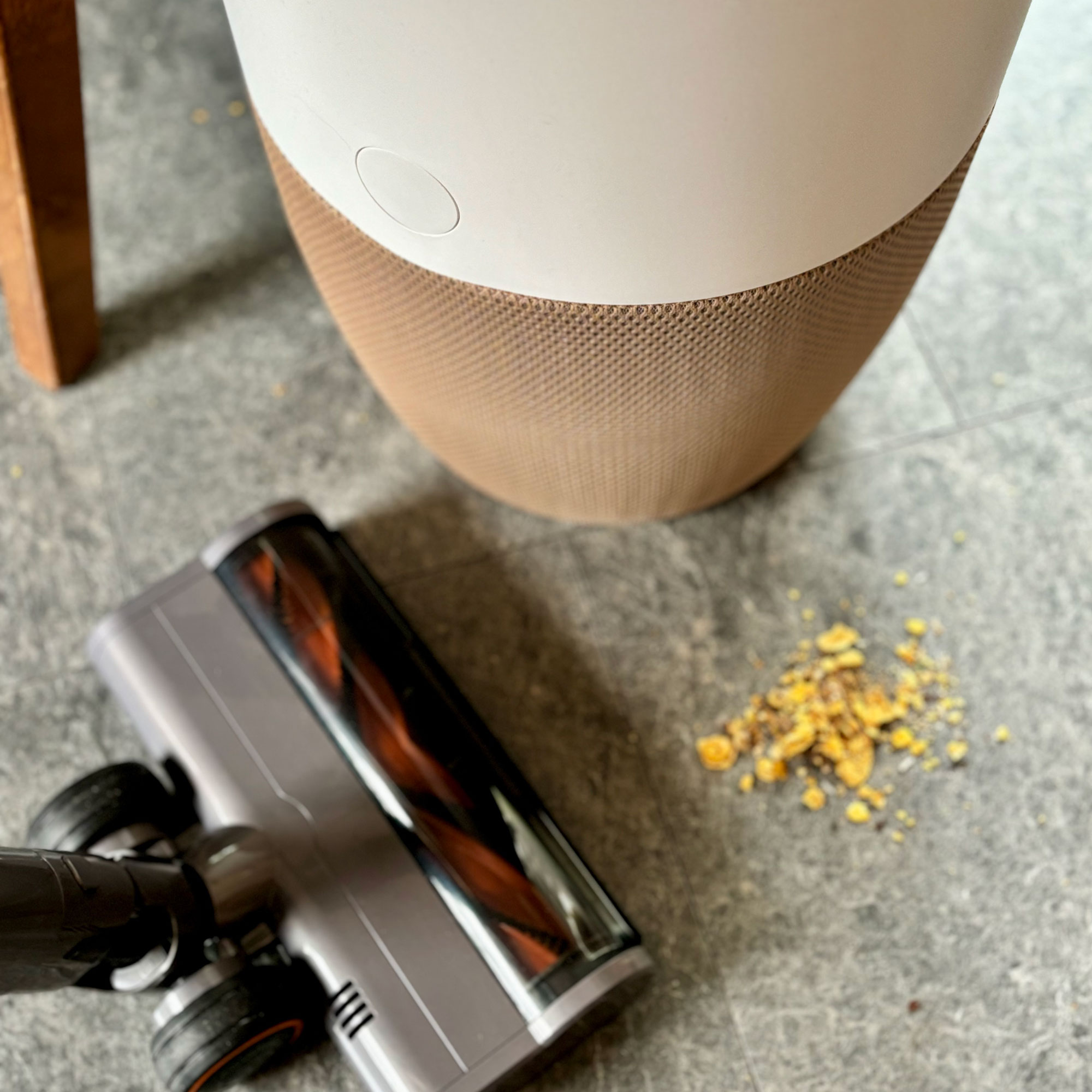
How to determine vacuum cleaner wattage
As Mitchell explains, ‘Most manufacturers display the motor wattage in the specifications section of their websites for each model.’ However, this isn’t the case across the board - especially as modern technology means that this wattage isn’t a determining factor in whether a vacuum cleaner is good or not.
If the wattage isn’t obvious in the technical specs, it may be that the manufacturer has rated the entire vacuum in amps instead. This can make it extremely difficult to compare the vacuums you want to buy, as amperage uses the total electrical consumption of the vacuum cleaner - from the main motor to the headlights used to help you pick up tiny specks of dust.
If you can, it’s best to convert this amperage into watts for a rough comparison, but most experts will say that this isn’t necessary as this wattage shouldn’t make or break your decision.
Mitchell says, ‘Many premium brands now incorporate more than one motor in their vacuum cleaners. Thanks to improved technology, many models feature a smaller motor in the cleaner head, allowing the main motor to focus solely on suction. This design significantly enhances effectiveness and improves overall suction performance.’ So, focus on other features when choosing your next model.
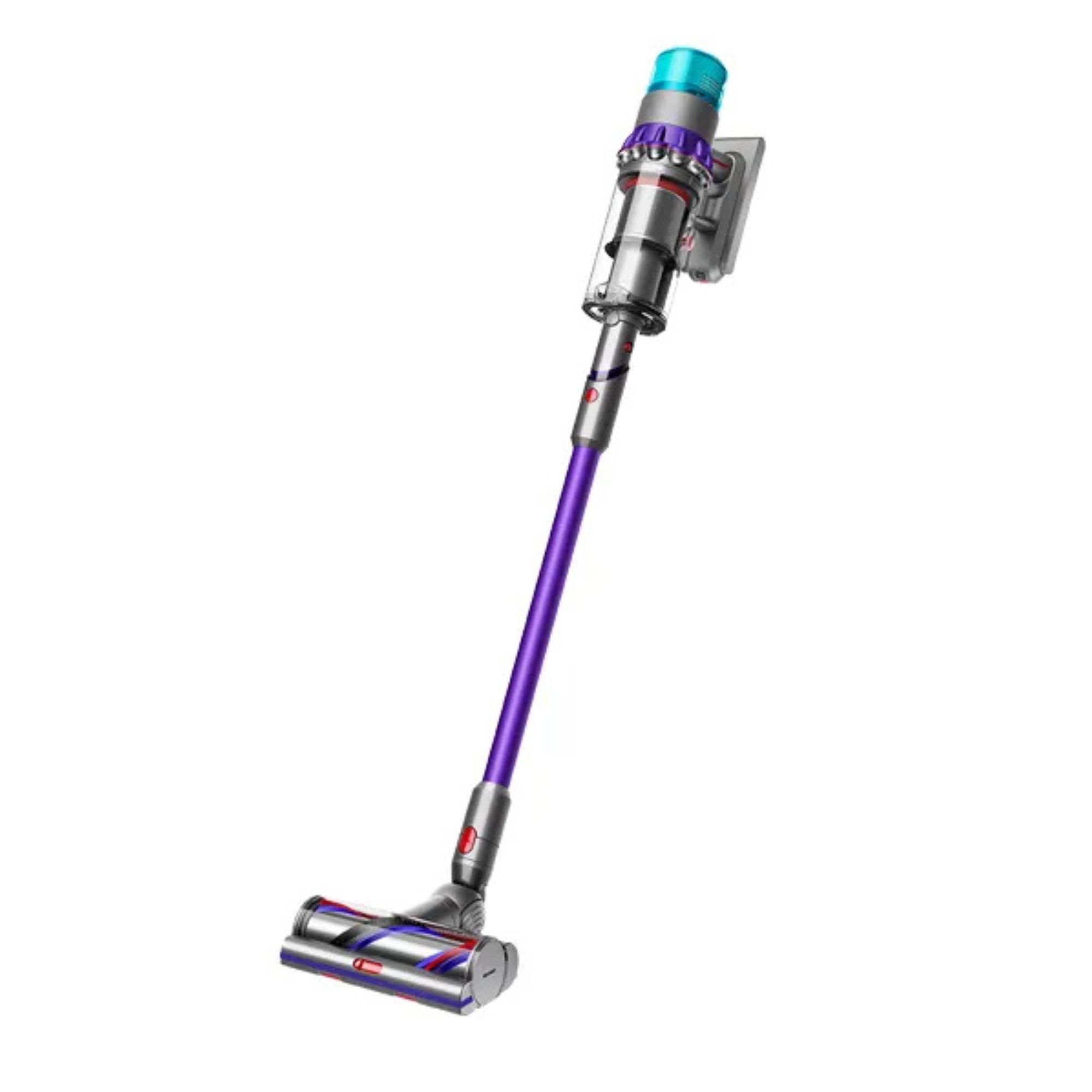
Crowned the 'best overall' in our guide, this vacuum has 280 AW of suction power, whole-machine HEPA filtration, and impressive cyclone technology. As a result, it's as powerful as can be.
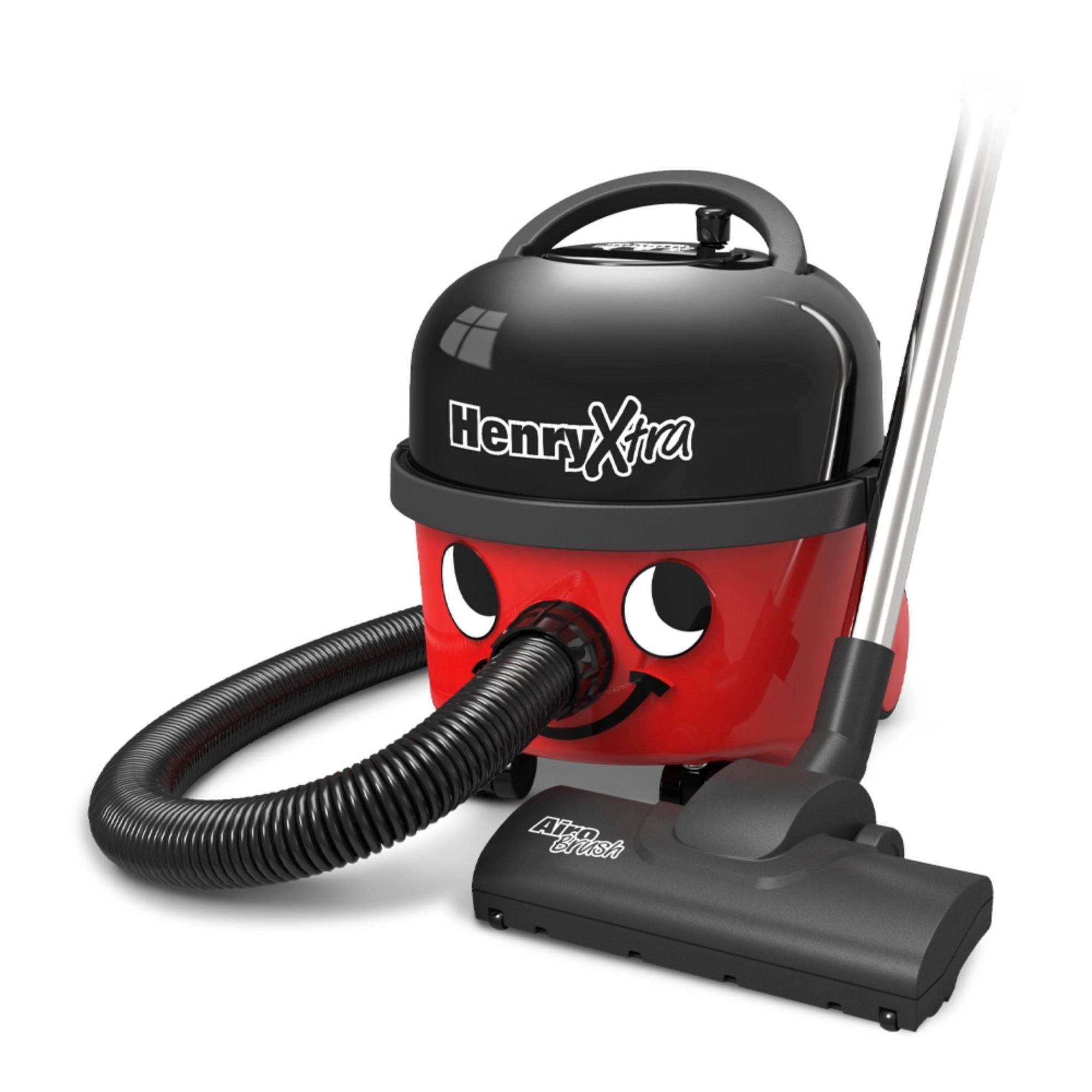
The classic Henry has been around for decades, and for good reason. It's the ultimate workhorse and comes with one of the biggest capacities we've ever come across. Plus, it's fairly affordable for such an iconic appliance.
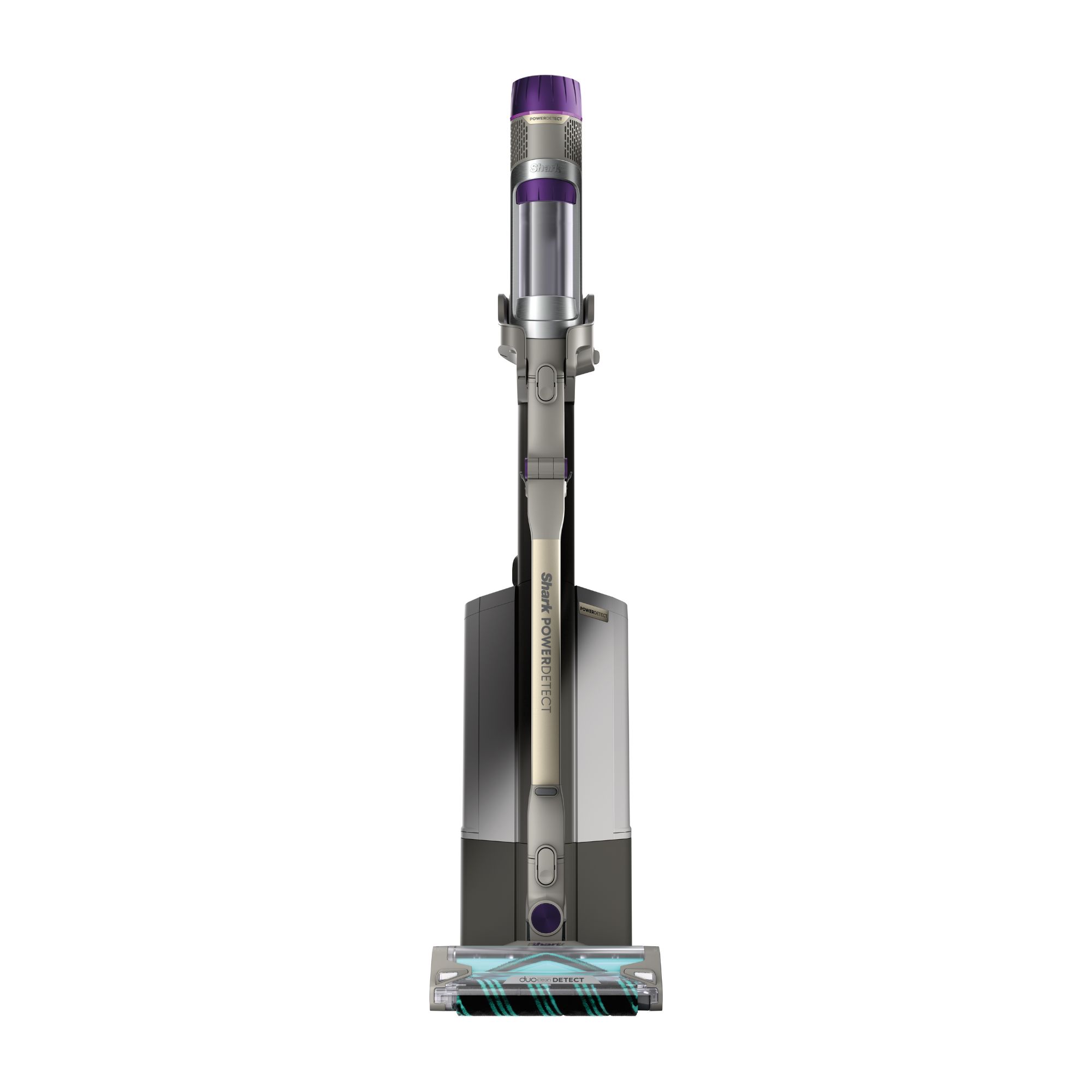
Decked out in all of the latest technology, this vacuum detects the level of dirt in your home and automatically adjusts its suction power to suit. Plus, it empties itself into its own dedicated bin.
FAQs
How do I know if a vacuum is powerful?
Many things that work together to create a powerful vacuum, but the most important factor you need to know when buying a new vacuum is the suction power. This is typically measured in Air Watts (AW), and the higher the number, the more suction power it will have.
In the UK, most vacuums will offer around 100-300AW. Anything above this is generally considered an above-average vacuum in terms of suction power.
Is vacuuming every day bad for carpet?
No, it's not bad to vacuum every day, unless you have a very cheap carpet. Most high-quality carpets will be able to withstand daily vacuuming, and it’s generally recommended that you vacuum them every 2-3 days anyway. This is because carpets hide all kinds of dirt, germs, dust, and bacteria within the fibres, and regularly vacuuming will keep them as clean as possible.
If you do notice that your carpets are showing wear and tear after regular vacuuming, it may be that you need to replace them with something higher quality.

Lauren Bradbury has been the Content Editor for the House Manual section since January 2025 but worked with the team as a freelancer for a year and a half before that. She graduated with a Bachelor’s degree in English and Creative Writing from the University of Chichester in 2016. Then, she dipped her toe into the world of content writing, primarily focusing on home content. After years of agency work, she decided to take the plunge and become a full-time freelancer for online publications, including Real Homes and Ideal Home, before taking on this permanent role. Now, she spends her days searching for the best decluttering and cleaning hacks and creating handy how-to guides for homeowners and renters alike, as well as testing vacuums as part of her role as the Ideal Home Certified Expert in Training on Vacuums, having spent over 110 hours testing different vacuum models to date!
-
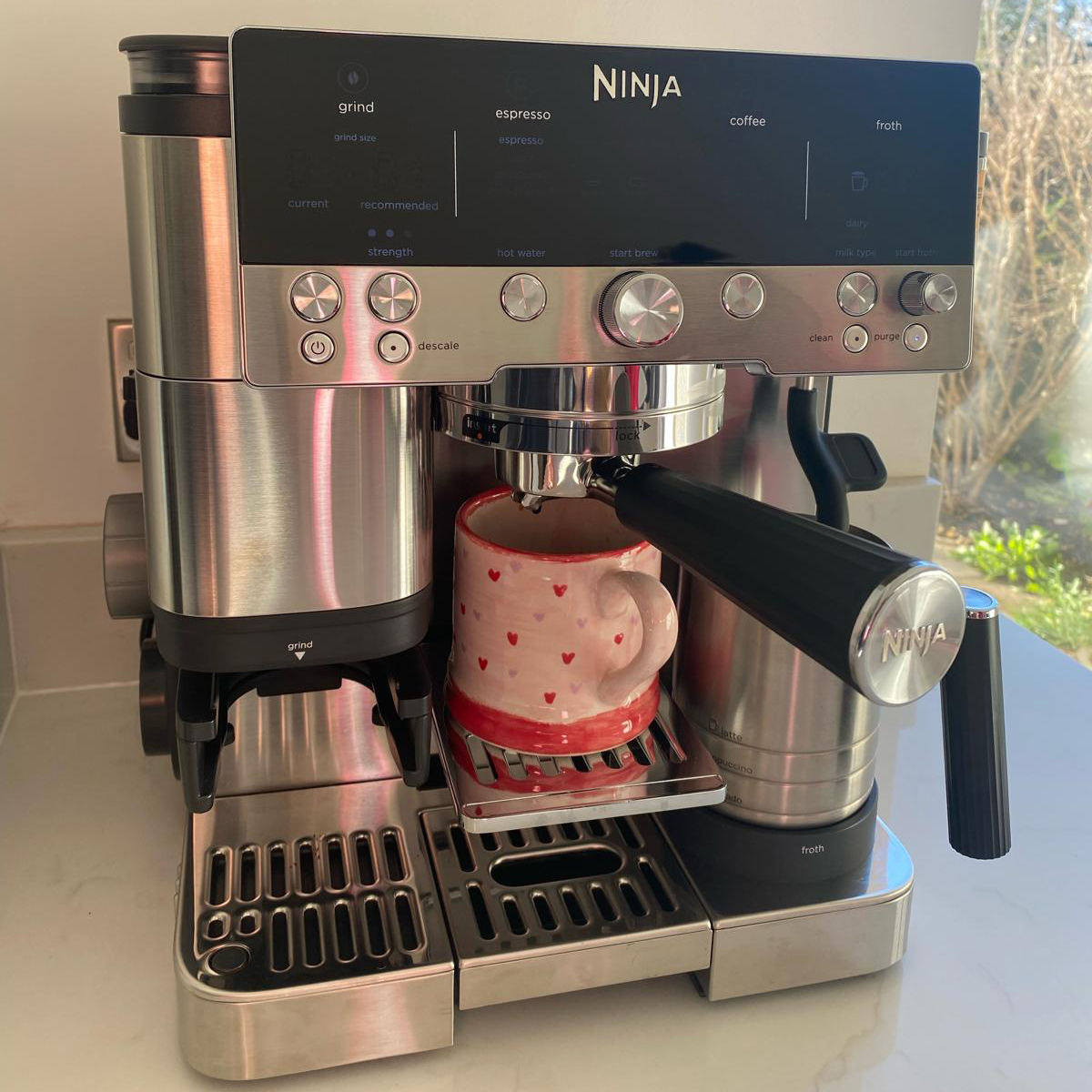 My go-to Ninja coffee machine is on sale for Easter weekend
My go-to Ninja coffee machine is on sale for Easter weekendIt makes coffee shop quality achievable at home
By Molly Cleary
-
 When to plant out annual flowering plants for vibrant, colourful garden borders – and give them the best start, according to experts
When to plant out annual flowering plants for vibrant, colourful garden borders – and give them the best start, according to expertsNot sure when to plant out annual flowering plants? We've got you covered...
By Kayleigh Dray
-
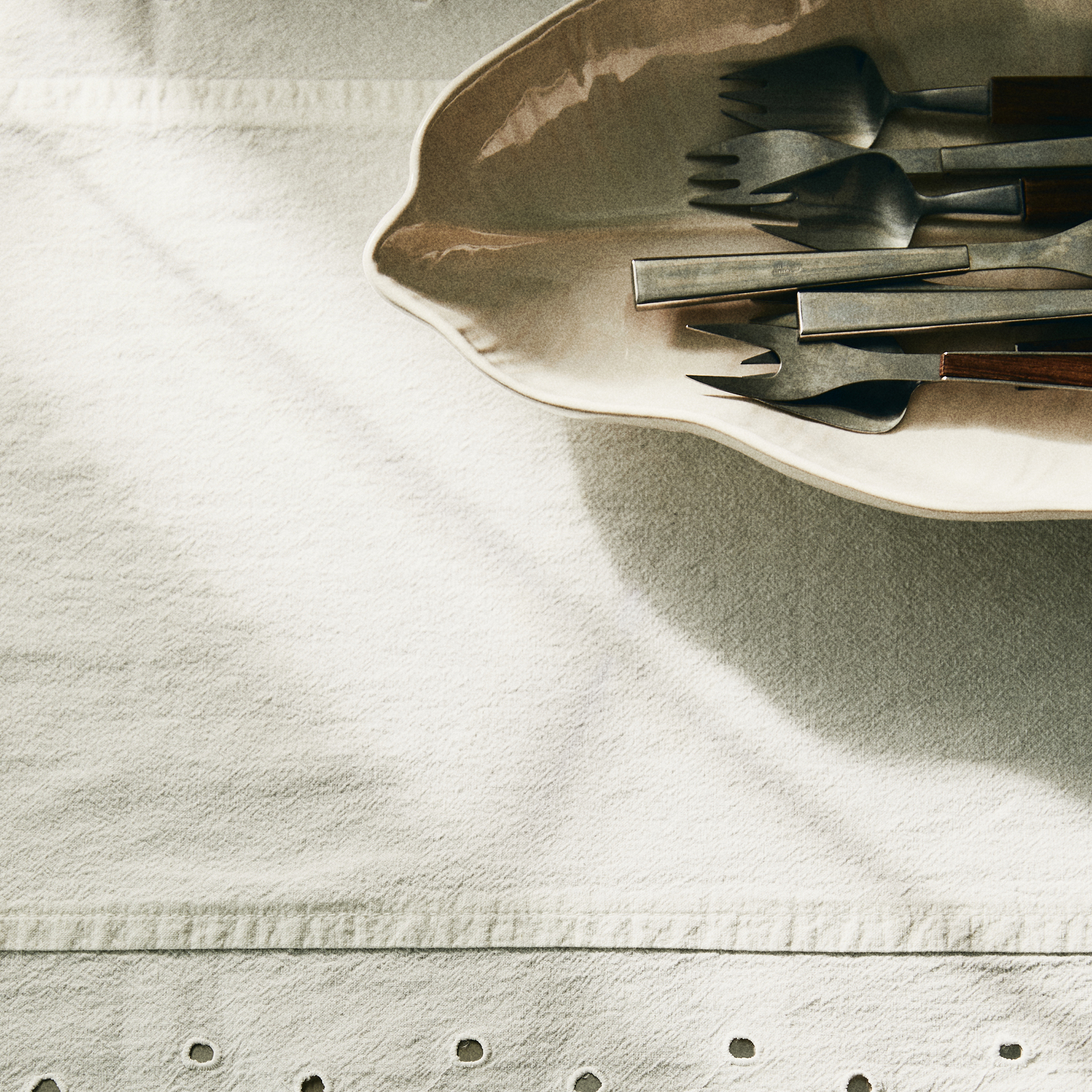 I'm a kitchen decor editor and didn't like this tableware trend - until I saw H&M Home's designer-look plates
I'm a kitchen decor editor and didn't like this tableware trend - until I saw H&M Home's designer-look platesThey made it easy to justify a new crockery set
By Holly Cockburn
-
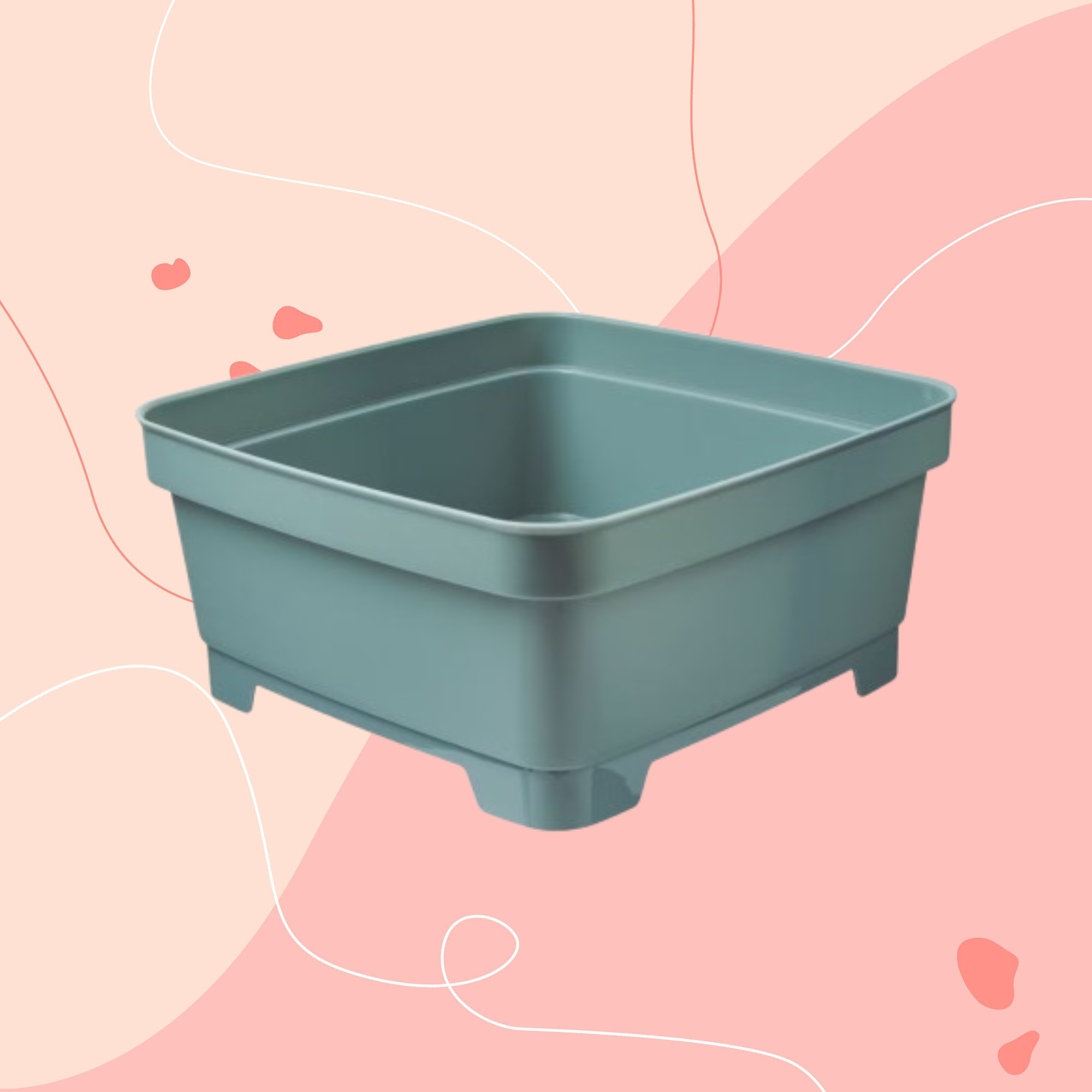 Aldi is releasing a budget alternative to the cult Joseph Joseph washing up bowl – it’s just £4.99
Aldi is releasing a budget alternative to the cult Joseph Joseph washing up bowl – it’s just £4.99The Joseph Joseph washing up bowl is an Ideal Home favourite - now we can't wait to try Aldi's alternative
By Kezia Reynolds
-
 I just bought my first home, and this £10 buy was the very first thing I bought for it to make it feel warmer and secure
I just bought my first home, and this £10 buy was the very first thing I bought for it to make it feel warmer and secureIf I did it all again, this would still be my very first buy
By Rebecca Knight
-
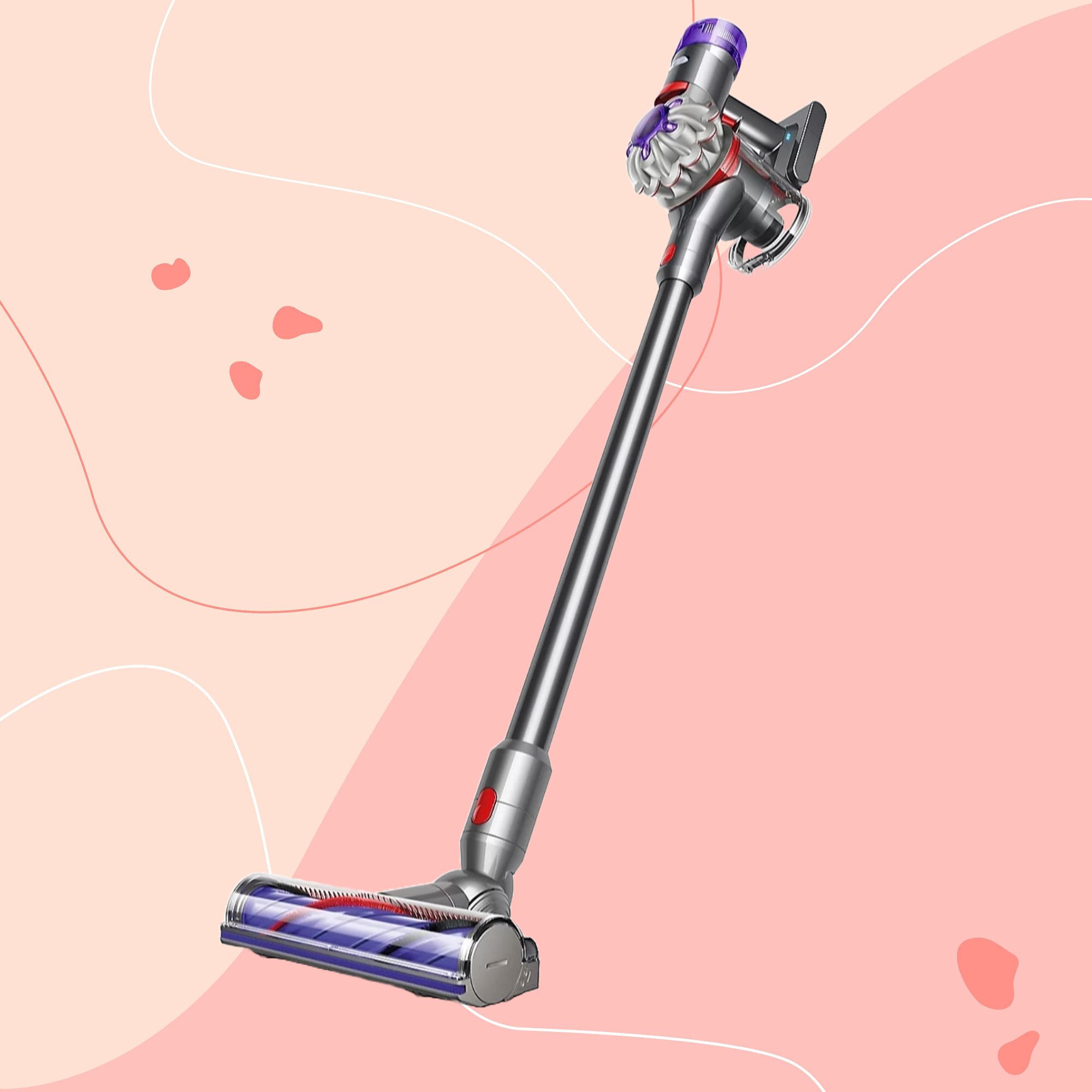 It’s normally impossible to find a Dyson vacuum for under £250 — but QVC has slashed the price of their bestselling models for a limited time
It’s normally impossible to find a Dyson vacuum for under £250 — but QVC has slashed the price of their bestselling models for a limited timeRun don’t walk to pick up the brand’s bestselling model for under £230 before it sells out
By Lauren Bradbury
-
 Catherine Zeta-Jones has revealed the cleaning product she swears by to keep her home fresh - and it’s just £8 on Amazon
Catherine Zeta-Jones has revealed the cleaning product she swears by to keep her home fresh - and it’s just £8 on Amazon'I use it on my counters. I use it on my walls. I use it on my doors. When I smell it, I know my house is clean.'
By Kezia Reynolds
-
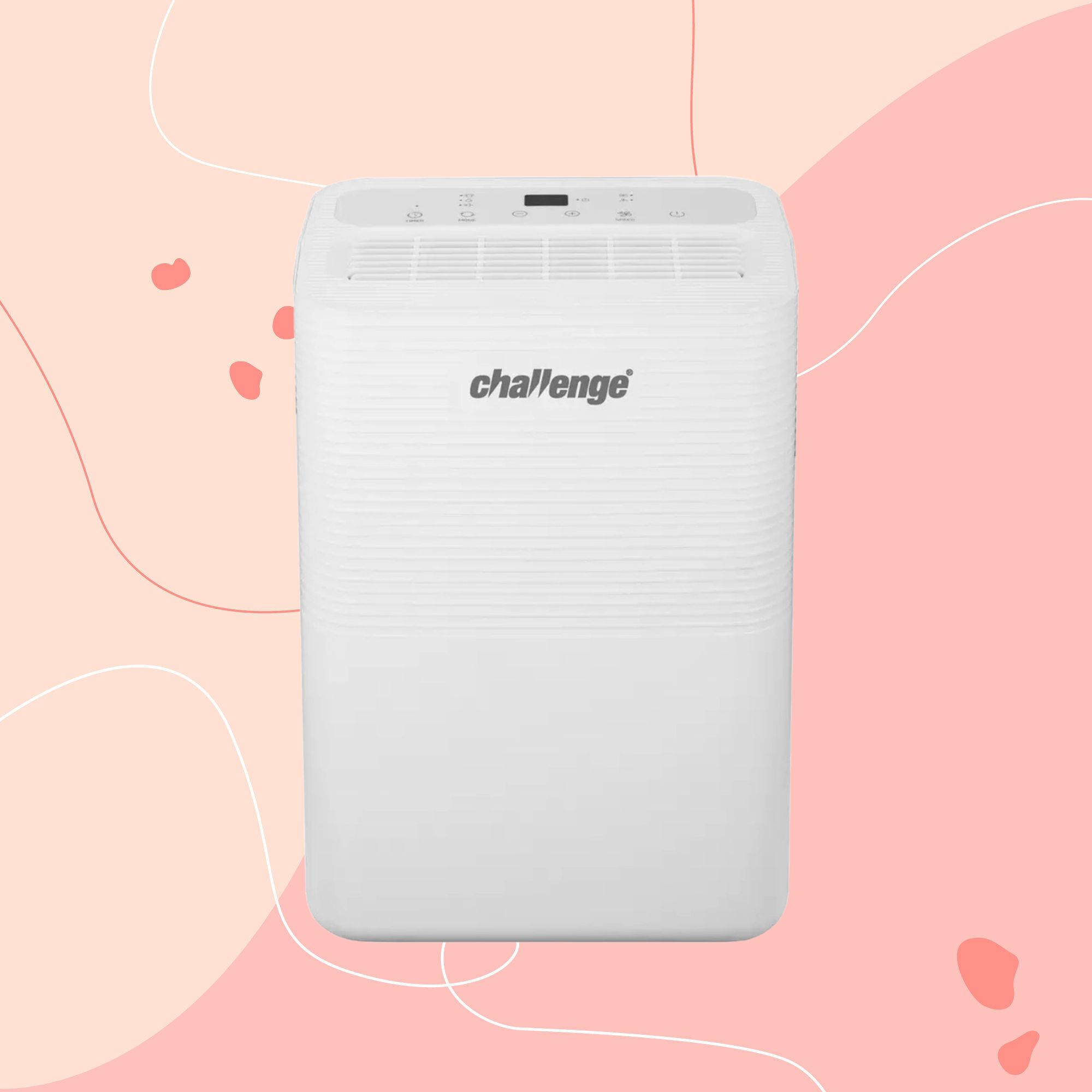 I tested the 12L Challenge dehumidifier in my damp Victorian home over winter — I haven’t spotted any signs of mould for the first time in five years
I tested the 12L Challenge dehumidifier in my damp Victorian home over winter — I haven’t spotted any signs of mould for the first time in five yearsThe Challenge 12L dehumidifier doesn’t have too many bells and whistles, but I can already see the difference it’s made to my damp home
By Lauren Bradbury
-
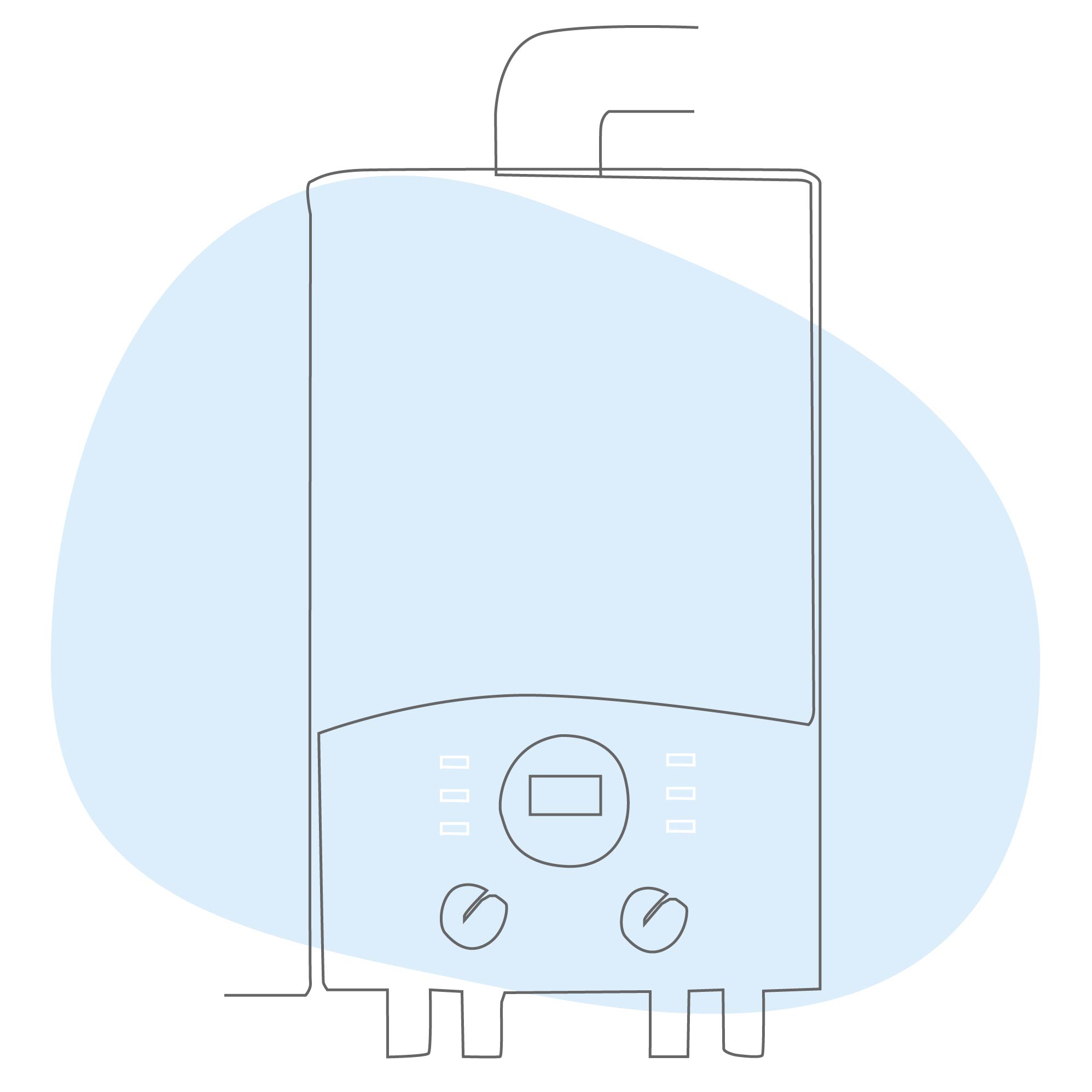 What is boiler flow temperature? Heating experts urge you to check yours now as you could be overpaying on your energy bills
What is boiler flow temperature? Heating experts urge you to check yours now as you could be overpaying on your energy billsTurning this little-known number down just a few degrees can result in some serious savings
By Lauren Bradbury
-
 Stacey Solomon has shared 5 nifty wardrobe storage hacks to make getting ready in the morning easier — and they're genius
Stacey Solomon has shared 5 nifty wardrobe storage hacks to make getting ready in the morning easier — and they're geniusThese five wardrobe storage hacks are a gamechanger
By Katie Sims
-
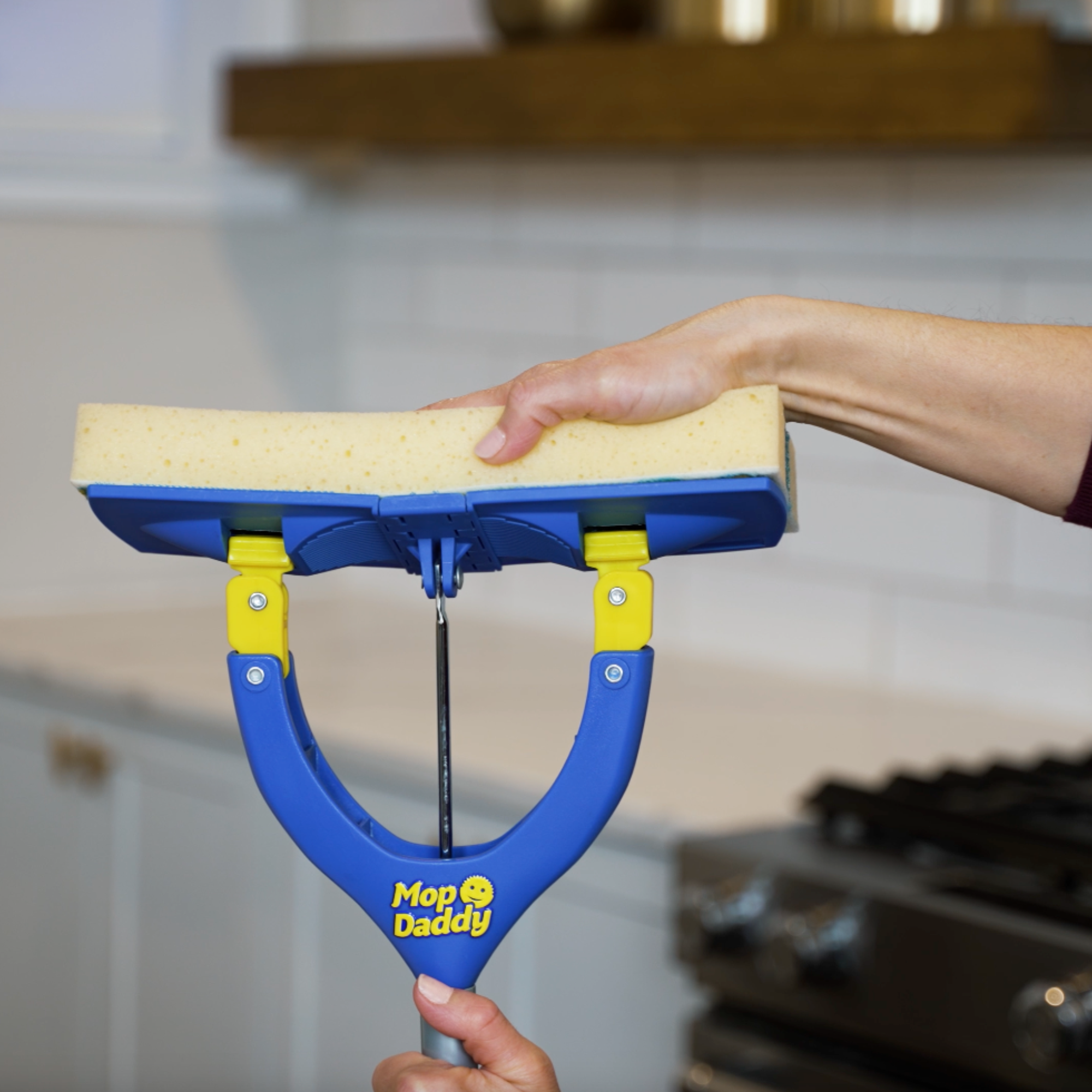 Cult cleaning brand Scrub Daddy has just launched a brand new butterfly mop — could it be the ultimate solution for banishing stubborn marks on your floor?
Cult cleaning brand Scrub Daddy has just launched a brand new butterfly mop — could it be the ultimate solution for banishing stubborn marks on your floor?We're obsessed with all things Scrub Daddy
By Kezia Reynolds